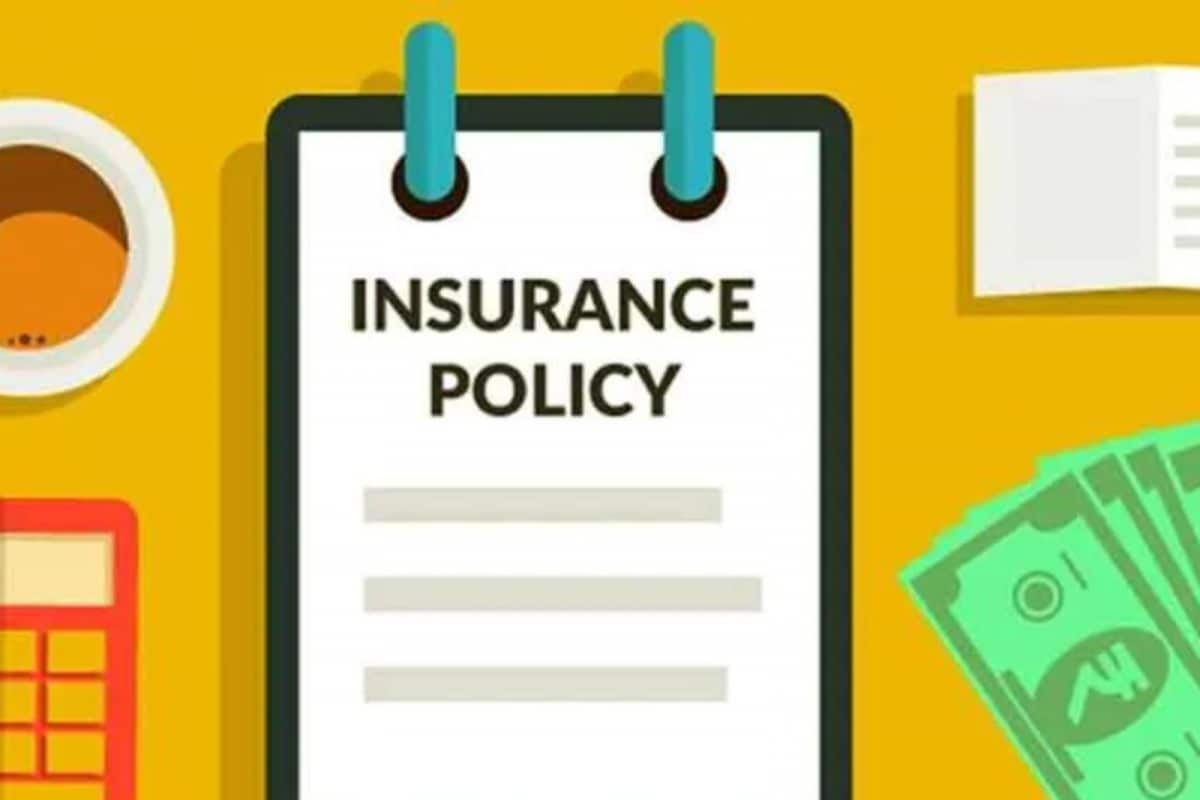Insurance is an important tool for managing risk and protecting against financial hardship, where the cost of living can be high and access to financial resources is limited for many people. From financial protection, healthcare, investment to legal requirements and business protection, people opt for insurance due to different reasons and needs. Access to healthcare can be expensive and limited.
Health insurance provides financial assistance to help people get the medical treatment they need, without worrying about the financial burden. Many types of insurance policies in India, such as life insurance and pension plans, also serve as investment tools, allowing people to save and invest money for their future needs. Certain types of insurance are mandatory in India, such as motor vehicle insurance.
Insurance is also important for businesses in India, providing protection against various risks and liabilities, such as damage to property, theft, and lawsuits. Anup Bansal, chief business officer, Scripbox, said, “Insurance is an important financial tool that helps individuals protect themselves against various risks. Whether it’s life insurance, health insurance, auto insurance, or home insurance, purchasing the right policy can help you avoid significant financial losses in the event of an unforeseen event.
" Also Read: ‘Claim Rejection, Inflexible Policy Terms’; Govt Flags 6 Issues Of Insurance Sector; Check Details However, buying an insurance policy can be a daunting task, and making the wrong decision can have serious consequences. Here are five common mistakes highlighted by Bansal, that you need to avoid while buying an insurance policy. 1.
Not fully understanding the policy : Insurance policies are often written in complex language that can be difficult to understand. However, it is crucial to read and understand the policy documents thoroughly before signing up for insurance. This will help you avoid any surprises or unexpected gaps in coverage in the future.
It’s important to speak with an insurance agent or advisor in case you have any doubts. 2. Underestimating the required coverage: One of the most significant mistakes individuals make when buying insurance is underestimating the amount of coverage they need.
It’s essential to evaluate your insurance needs and make sure that the policy you choose provides adequate coverage. For example, if you’re purchasing health insurance, you need to consider age, family responsibility, health conditions, hospital network, cost of medical facilities, medical inflation, and much more. The coverage amount should be comprehensive of different factors.
3. Purchasing the cheapest policy without comparing benefits : While it’s tempting to opt for the cheapest insurance policy available, it’s important to compare the benefits offered by different policies. The cheapest policy may not provide the level of coverage you need, leaving you vulnerable in the event of a claim.
You need to evaluate the costs and benefits of different policies and choose the one that provides the best value for your money. 4. Not disclosing relevant information : When buying insurance, it’s essential to be honest and transparent about your medical history, occupation, and any risky activities.
Failing to disclose all relevant information could lead to your claim being denied when you need it the most. Insurance companies rely on accurate information to determine your risk level and set your premiums, so it’s important to provide them with all the necessary details. Even a small miss, intentionally or unintentionally can create a burden on your finances.
5. Not reviewing the policy annually : Your insurance needs may change over time, and it’s essential to review your policy annually to ensure it still meets your needs. This will help you avoid gaps in coverage and ensure that you’re not overpaying for unnecessary coverage.
If your circumstances have changed, such as a new car, a new job, or a new home, you need to inform your insurance provider and make any necessary adjustments to your policy. Read all the Latest Business News here.

